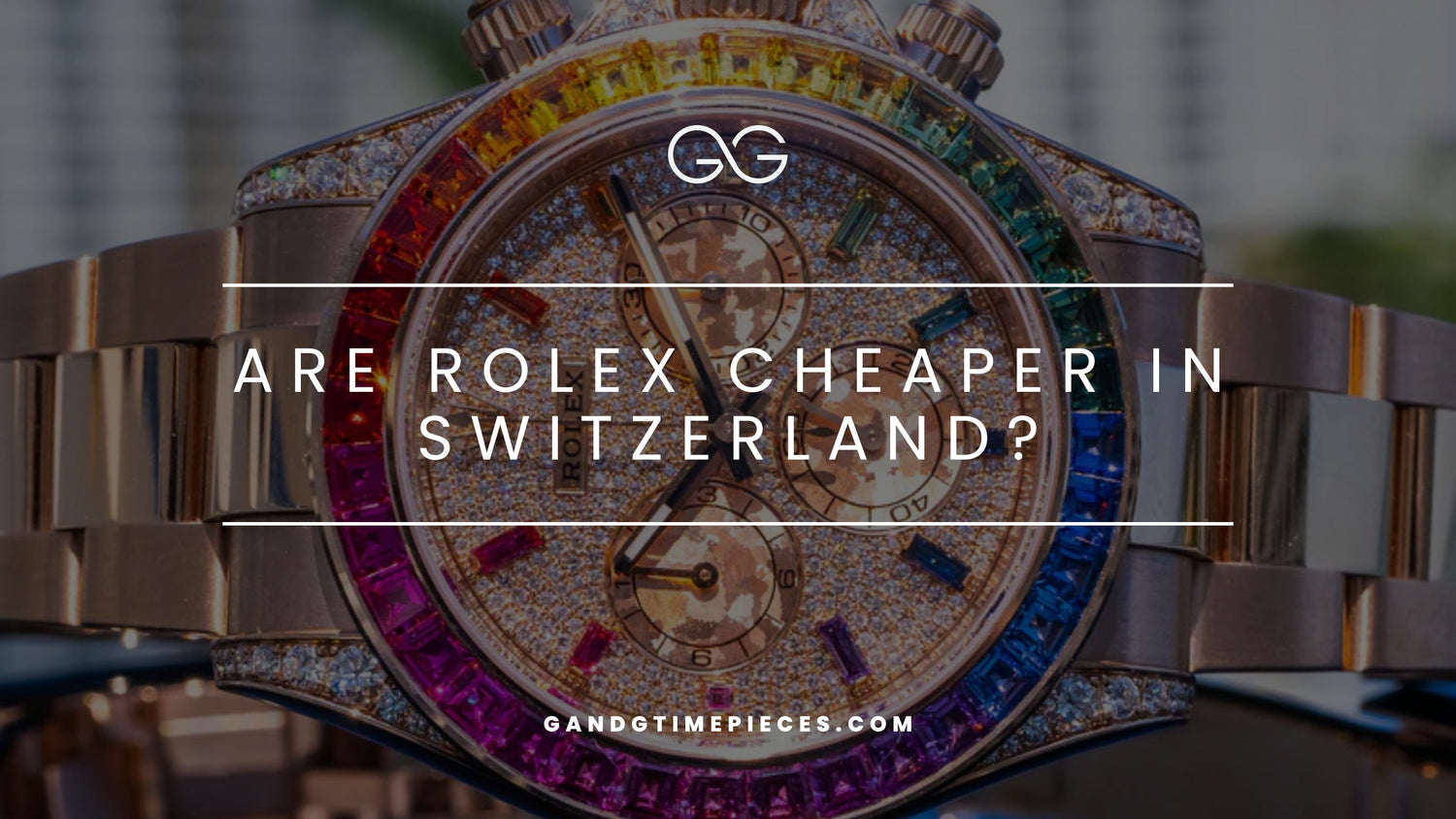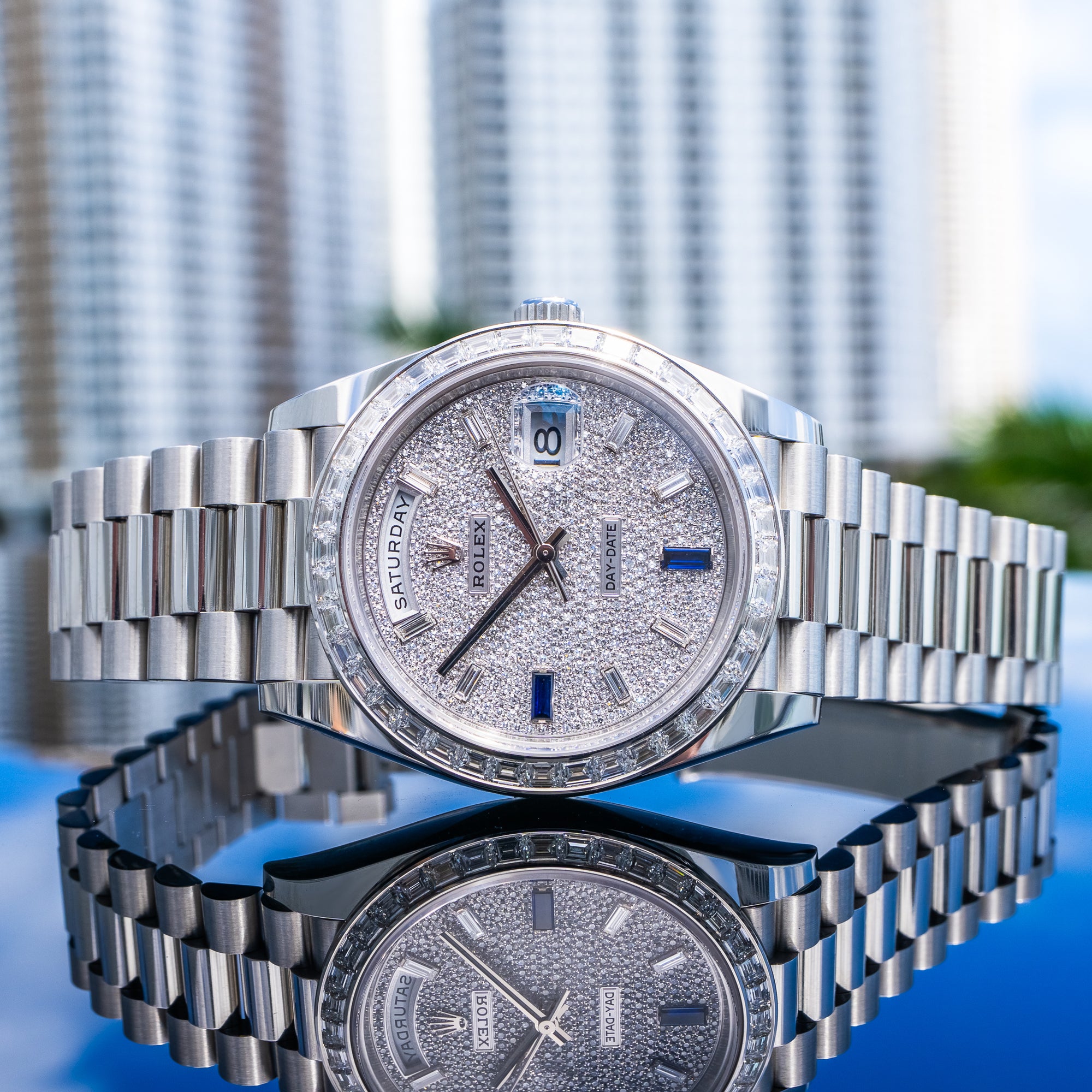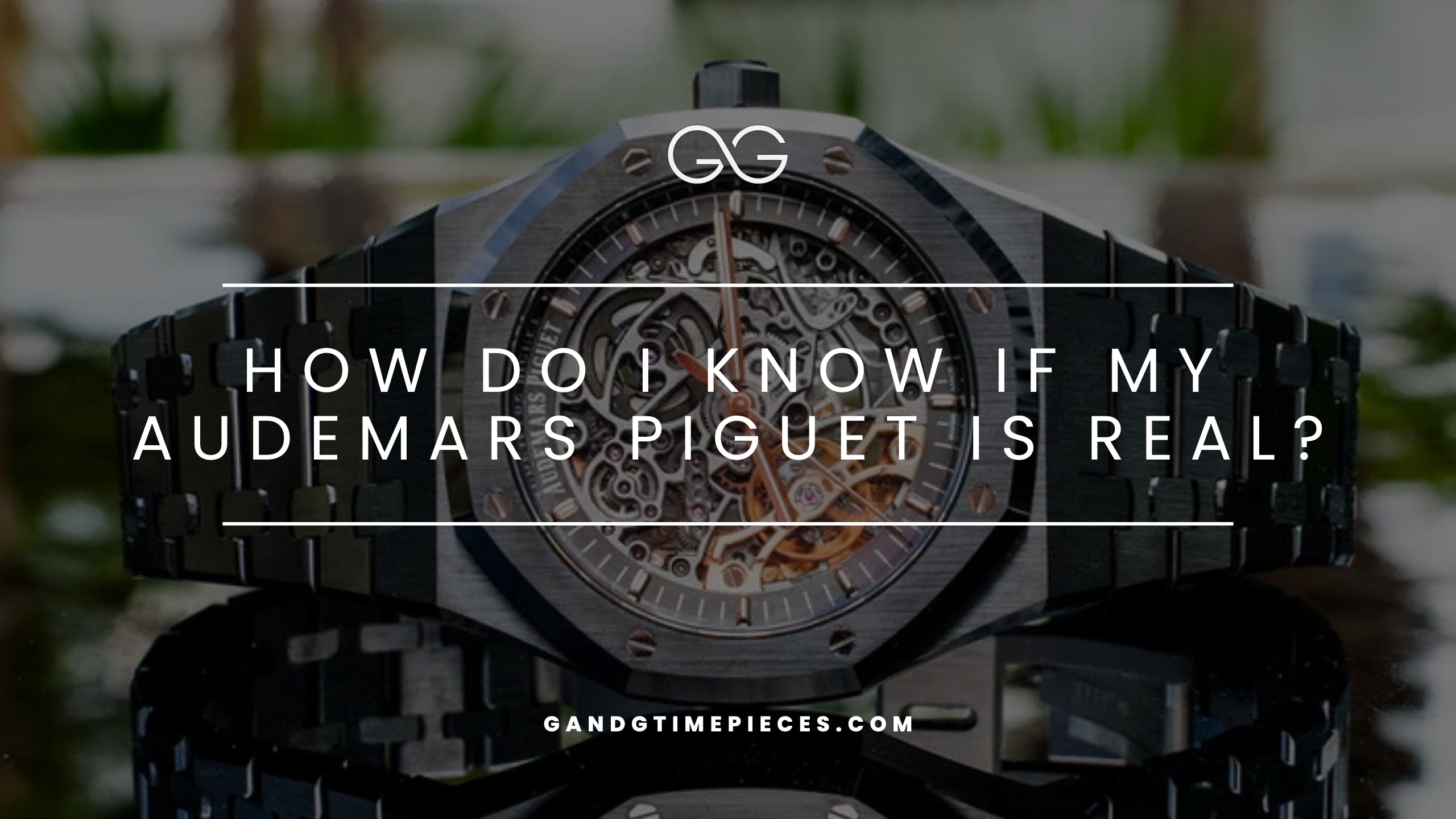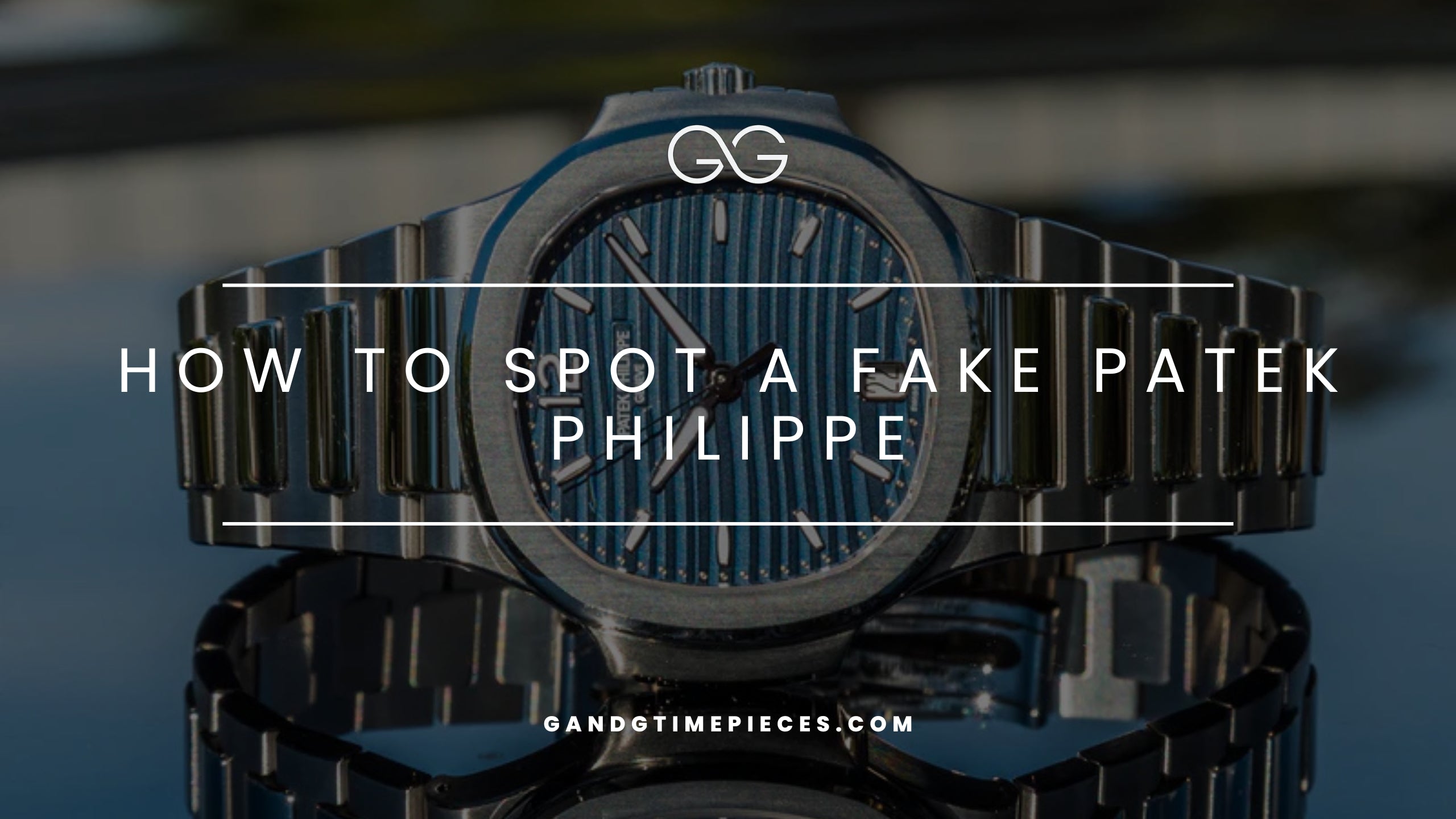If you've ever dreamed of owning a Rolex, you've probably wondered: Are Rolex cheaper in Switzerland? It's a fair question. After all, Switzerland is the epicenter of luxury watchmaking, and the thought of buying directly from the source can feel like tapping into an exclusive secret.
But here's the truth: while there are definitely advantages to buying a Rolex in Switzerland, the savings aren't always what you'd expect. The final price you pay can swing up or down depending on a handful of variables — like customs duties, VAT refunds, currency conversion, and even current Rolex prices around the world.
In this guide, we’ll walk through everything you need to know to decide if buying your first Rolex or next luxury timepiece in Switzerland is truly worth it compared to other countries.
The Short Answer: Not Always
So, is it cheaper to buy a Rolex in Switzerland? The short, honest answer is: not always. Sometimes you’ll save. Sometimes you’ll pay more than back home.
Yes, Rolex prices in Switzerland start slightly lower because there are no import duties on locally made products. But the margin isn't massive, and many people forget to factor in the hidden costs.
The biggest plus? Tourists can claim a VAT refund of up to 7.7% on luxury goods, like Rolex watches, if they spend more than CHF 300. That sounds great, but processing fees usually chip away at that, leaving you with a refund closer to 6-7%.
What trips people up is the customs duties once they return home. For example, American buyers now face a whopping 31% tariff on Swiss-made watches as of 2025. That one line item alone could turn your deal into a loss.
Bottom line: calculating the final price isn’t just about what you see in the boutique. It means doing the math on every fee, tax, and currency exchange involved in your purchase.
Understanding Swiss Rolex Pricing
Rolex doesn’t leave pricing to chance. As one of the most powerful luxury watch brands in the world, they control pricing with laser precision to prevent arbitrage and maintain their exclusive image.
Since Rolex watches are manufactured in Switzerland, Swiss dealers don't have to bake in import duties, which gives them a slight pricing edge. But that edge is easily dulled by a strong Swiss franc, which can make Rolex in Switzerland more expensive for buyers converting from USD, GBP, or JPY.
Don’t expect a discount either. Whether you’re in Geneva, Tokyo, or New York, authorized Rolex boutiques follow strict MSRP guidelines. The brand wants uniformity.
Also, keep an eye on trends. For instance, in early 2025, Rolex models made from gold jumped 8-11% in price thanks to rising gold costs. That kind of global price adjustment affects buyers in every country, regardless of where they shop.
VAT Refund Benefits for Tourists
Here’s where Switzerland does shine: the VAT refund. If you're a non-resident and spend over CHF 300 on luxury items, you can claim back part of the 7.7% VAT.
To do it right:
-
Ask the retailer for a tax-free form when making your purchase.
-
Get it stamped at customs before you leave Switzerland.
-
Make sure you export the item within 30 days.
Refunds can come as airport cash, a card credit, or a bank transfer — each with its own delays or additional fees. So yes, you save, but it’s not the full sticker shock you might hope for.
Hidden Costs to Consider
This is where it gets tricky. Even if the Rolex prices look good in Switzerland, there are sneaky costs that can eat into your perceived savings.
Let’s break them down:
-
Import Duties: For example, if you’re a U.S. resident, that 31% tariff could add $3,100 to a $10,000 new watch.
-
Sales Tax or VAT: Your home country may slap local taxes on luxury items you bring back.
-
Currency Exchange Fees: Using a foreign card can tack on 2-3% in fees. And airport exchanges? Even worse.
-
Travel Costs: If you're flying to Switzerland just to buy a Rolex, remember to factor in airfare, hotels, and meals. That "cheap" Submariner just got a lot more expensive.
Bottom line? Always take account of the full picture before assuming Rolex in Switzerland equals a cheaper deal.
Availability and Selection Advantages
Now here’s a real advantage: Switzerland usually has better stock of Rolex models, especially at flagship locations in Geneva and Zurich.
High-demand pieces like the Daytona and Submariner are tough to find in Canada, the USA, or the UK, but are often more accessible in Swiss boutiques. Thanks to frequent inventory turnover and more authorized dealers, you have a better shot at walking out with your dream watch.
Plus, the selection is often broader. Boutique-only models, limited editions, or newer releases tend to hit Swiss shelves first. For serious watch collectors, this tool-level access is a game-changer.
The Swiss Buying Experience
Beyond pricing, buying a Rolex in Switzerland just feels different. There’s prestige in getting your new watch where the brand was born. You're not just shopping — you're stepping into the heritage of the watchmaking capital of the world.
In-store experiences in Switzerland are often next level. Think private consultations, deep product knowledge, and stunning display rooms. It’s more than a purchase; it’s a moment you won’t forget.
And no matter where you live, a Rolex bought from an authorized dealer comes with the same international warranty. The difference is, buying it in Geneva just adds a story.
Real Price Comparison Examples
Let’s look at actual numbers.
-
A Rolex Submariner Date sells for CHF 9,150 in Switzerland.
-
In the USA, it’s about $10,250.
-
In the UK? Around £8,050.
Now, after the VAT refund, your Swiss price drops to about CHF 8,500. Sounds great, right?
Well, if you're in the USA and properly declare it, you might pay:
-
31% import duty: +$3,100
-
8% state sales tax: +$800
-
Total: $14,000+
Suddenly, buying domestically seems smarter.
But if you’re from a country with lower duties, or traveling during favorable exchange rates, Switzerland could still work in your favor. Timing is everything.
Also note: the Swiss pre-owned market is red-hot. Don’t assume secondhand equals affordable — high demand and tourism keep prices strong.
Best Alternatives to Switzerland
Switzerland may be iconic, but it’s not the only game in town for luxury watches.
Here are some rising stars:
-
Japan: Thanks to yen devaluation, Rolex prices can be lower. Tax-free for tourists, too.
-
Eastern Europe: Countries like Poland and Hungary offer larger VAT refunds and lower base prices.
-
Hong Kong: Still duty-free, with a rich watchmaking culture and huge collection options.
-
Spain and parts of the EU: Great VAT refund + solid exchange rates = solid value.
-
Singapore: A major luxury goods hub with strong brand representation and tourist perks.
When Switzerland Makes Financial Sense
Despite the caveats, there are times when Rolex in Switzerland does make sense:
-
You’re buying multiple luxury items during a trip — combining savings with travel efficiency.
-
You find a rare model unavailable back home.
-
You’re already traveling to Switzerland, so the trip cost is sunk.
-
You catch a rare dip in the Swiss franc vs. your home currency.
-
You’re a watch collector who values authenticity, availability, and the story more than a few hundred dollars.
Conclusion
So, are Rolex cheaper in Switzerland? Sometimes, yes. But often, not by much. And in a few cases, they can actually be more expensive once you factor in customs duties, exchange rates, and travel costs.
That said, for many, buying a Rolex in Switzerland is about more than money. It’s about legacy, experience, and being part of a tradition that helped define high-end luxury and the watch industry as we know it. Whether you're buying your first Rolex, looking to invest in a special model, or just want a memorable story to go with your next purchase, Switzerland is still a great place to shop — if you go in prepared, informed, and realistic about what you’ll truly save.





